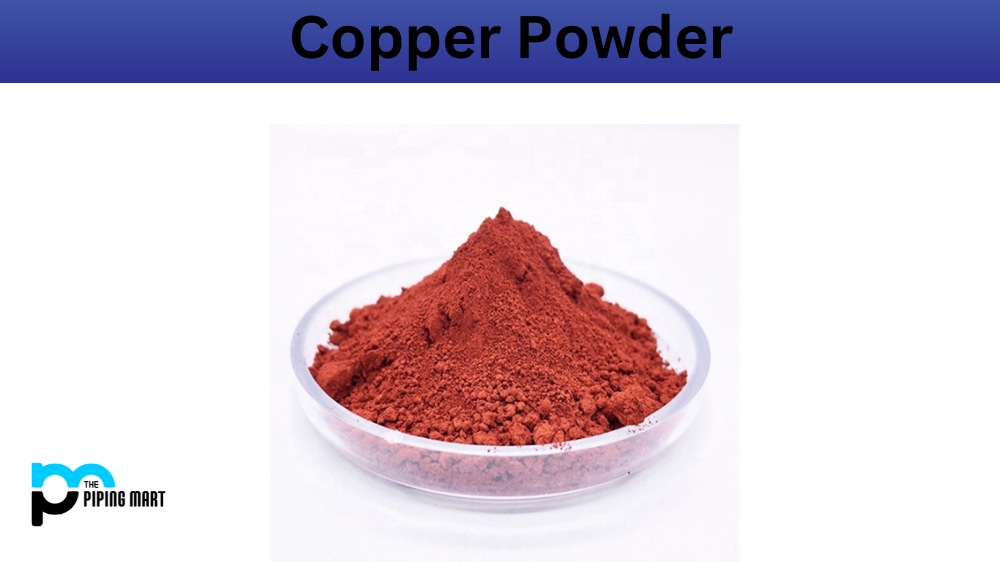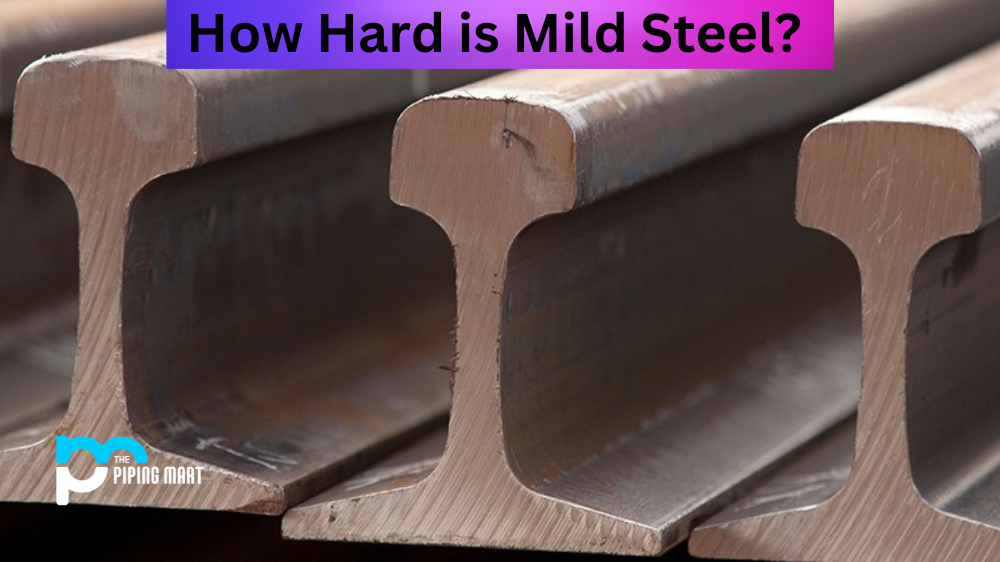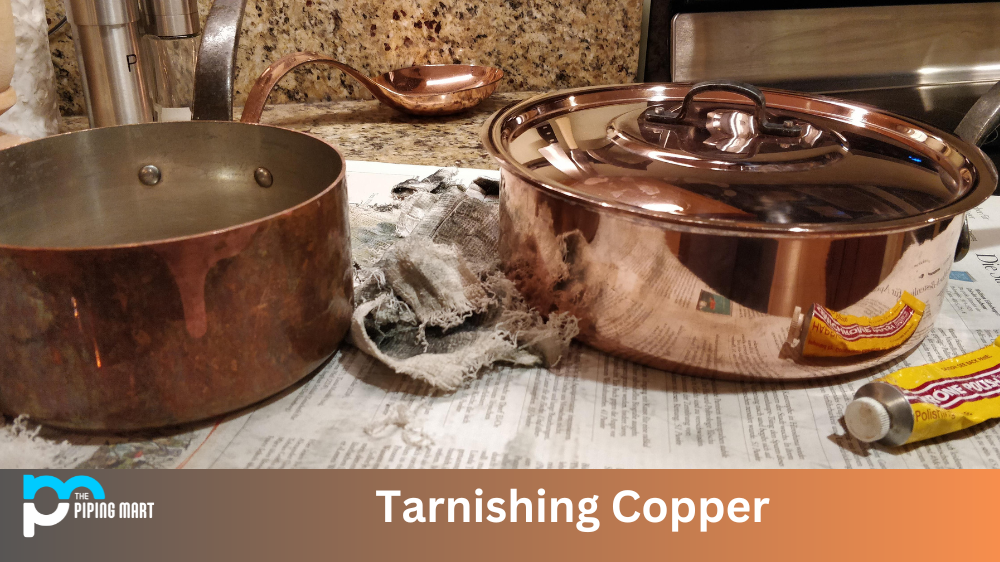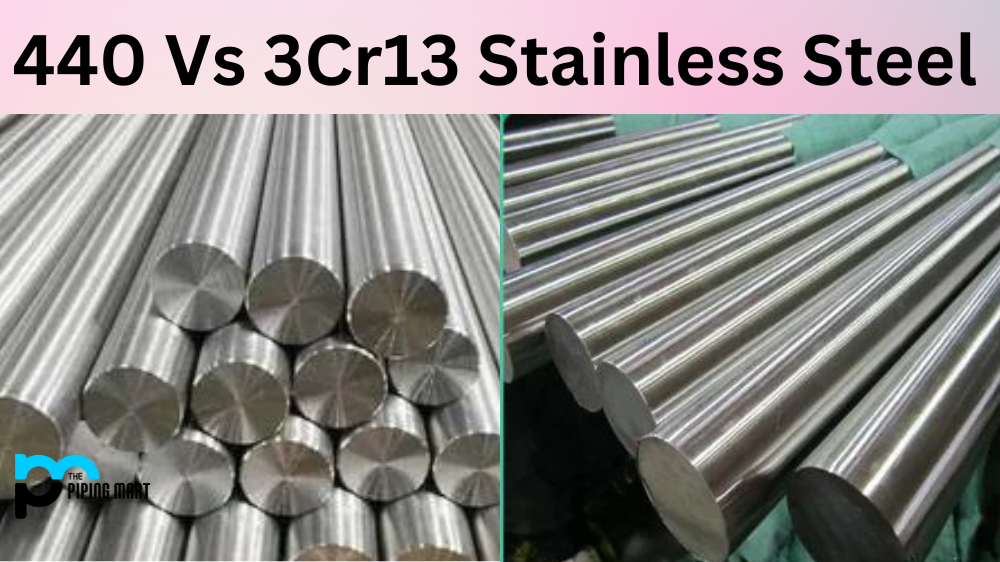Have you ever wondered why copper powder is heated before it gets coated? This process is a way to enhance the properties of copper powder, making it more suitable for certain applications. In this article, we’ll take a look at the properties of copper powder and how they are affected by heating. We’ll also discuss why this process is important and what it can do for your project.
Copper Powder
Copper powder is a very fine dust created by grinding down pieces of solid copper into tiny particles. This material has a wide range of uses, including being used as an additive in paint, plastic, ceramic glazes, and other applications. It can also be used to create electrical parts like connectors or wires.
Copper powder properties
Copper powder has several useful properties that make it ideal for certain applications. It is highly conductive and non-corrosive, meaning it can handle high temperature environments without suffering damage or degradation in performance. Additionally, its low melting point makes it easy to work with when forming shapes or components from molten metal. Finally, its malleability allows it to be easily shaped into different forms without losing strength or integrity.
Copper powder uses
- Copper powder can be used as a pigment in paint and ink.
- Copper powder can be used as an abrasive.
- Copper powder can be used in the production of certain types of glass.
- Copper powder can be used as a catalyst.
- Copper powder can be used in the production of certain types of plastics.
- Copper powder can be used in the production of certain types of explosives
Copper Powder Heating
When copper powder is heated above its melting point (1084°C), something remarkable happens – the particles get coated with an oxide layer which makes them more resistant to oxidation and corrosion. This higher level of protection helps protect delicate components from wear and tear over time and increases their lifespan significantly. Furthermore, the heat treatment process can improve the electrical conductivity of the material as well as its mechanical strength and ductility.
Conclusion
In conclusion, heating copper powder has significant advantages over using untreated particles in many different applications due to its improved properties such as increased resistance to oxidation and corrosion as well as better electrical conductivity. If you’re looking for a reliable material that can handle extreme conditions without degrading in performance over time, then consider using treated copper powder for your project needs!

Pipingmart is a B2B portal that specializes in metal, industrial and piping items. Additionally, we share the latest information and information about materials, products and various types of grades to assist businesses that are involved in this business.




